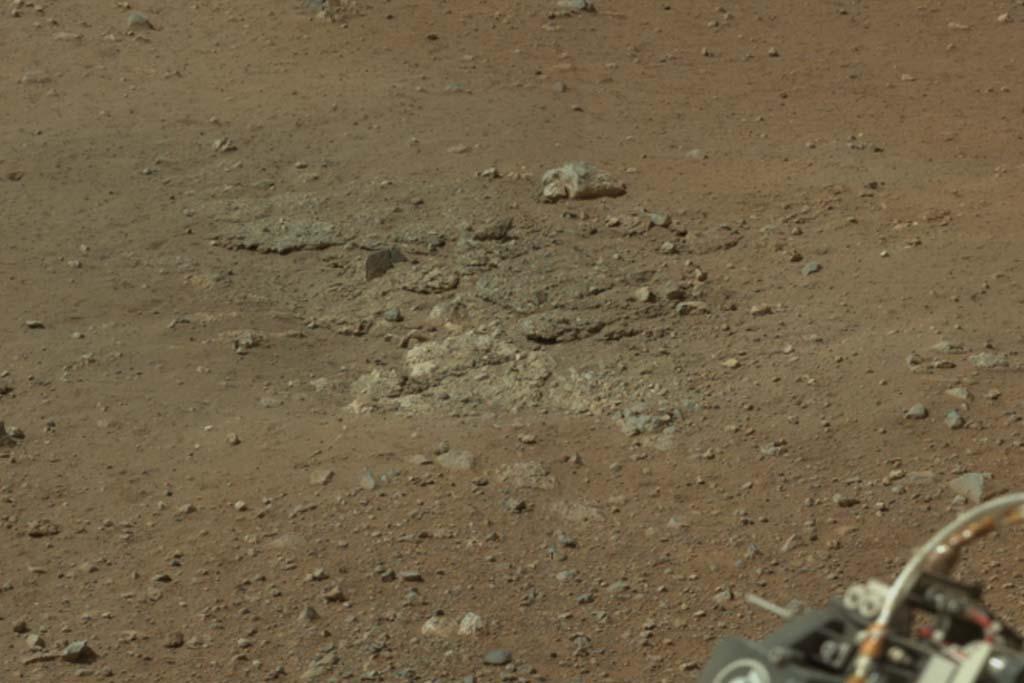Mars rover finds evidence of ancient life-supporting lake
NASA’s Mars rover may have found a ancient shallow lake that could have once been home to living things.
NASA's Mars rover has found signs of a large lake that once spread along the barren red surface of the planet.
The shallow lake could have been home to life lasting many centuries or much longer.
The lake is believed to have existed about 3.7 billion years ago
It is believed that the water had low salinity and just the right acidity to support living organisms.
Researchers said, besides Earth, this lake was the most hospitable place for life ever discovered in the universe.
"Is this the smoking gun that says there was life on Mars? No," asked NASA soil mineralogist Douglas Ming.
"Is this a smoking gun that this was a habitable environment? There's pretty good evidence for that. We have an environment that is very much … like on Earth."
The shallow lake may have been about 30 miles long and 3 miles wide and supported ancient microbial life.
As the water eventually retreated, water still flowed in crevices along the site, possibly allowing for life for tens of millions of years after – life in the form of a class of microbes called chemolithoautotrophs.
"You can imagine that, if life evolved on Mars and never got beyond the point of chemolithoautotrophy, then in the absence of competition from other types of microbes, these systems might have been dominated by that type of metabolic pathway," said researchers.
"And that's an un-Earth-like situation."
The findings were published in the journal Science.
The story you just read is accessible and free to all because thousands of listeners and readers contribute to our nonprofit newsroom. We go deep to bring you the human-centered international reporting that you know you can trust. To do this work and to do it well, we rely on the support of our listeners. If you appreciated our coverage this year, if there was a story that made you pause or a song that moved you, would you consider making a gift to sustain our work through 2024 and beyond?
